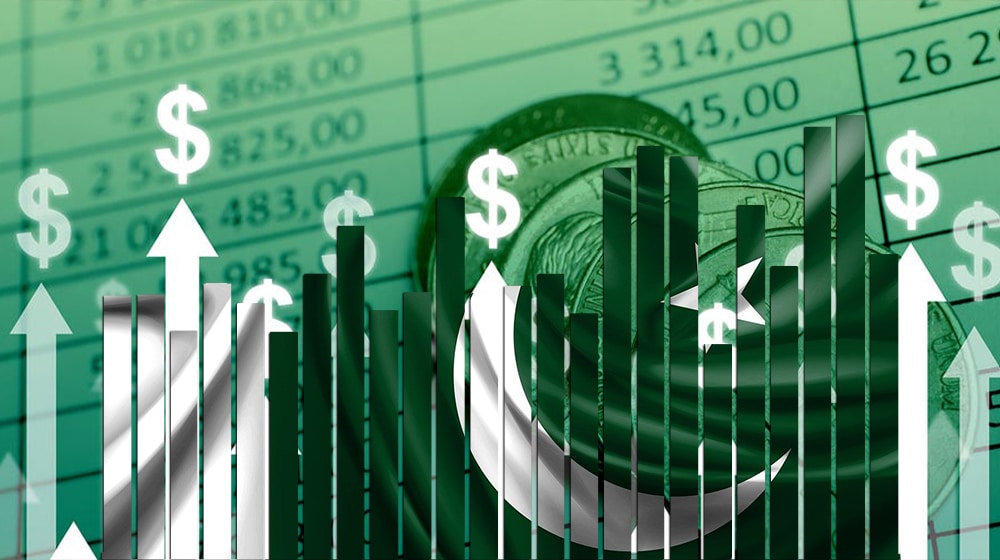Socio-political change is a gradual process that rarely happens overnight.it starts with the gradual evolutionary process in which the masses tend to start thinking against the prevailing socio-economic and societal setup. Initially, such awakening occurs among the few progressive minds. But after some time, a selfless and devoted leadership emerges among the deprived community. Under the umbrella of this leadership, people who have been victimized by injustice and exploitation, start joining this camp. This may be considered as the middle phase of the evolutionary process. The evolutionary phase completed with maximum uprising. History testifies that it takes a maximum fifty to one hundred years until complete transformation. Until the end of the 20th century and the start of the 21st, the evolutionary process was slow. The eruption of Hindi-Urdu controversy in 1968, the formation of All India Muslim League in 1906 and the passing out of Lahore Resolution, was an evolutionary period among the Muslim communities that their religion-cultural prospects might not be secured in United India. Therefore, it was evolutionary process among the Muslims of the Subcontinent. Notwithstanding, the post 1940 period was revolutionary when the Muslims of the subcontinent gained their separate homeland under the dynamic and devoted leadership. However, in this milieu, now the emergence of social media has accelerated the momentum of such a process. In contemporary Pakistan, the ideal form of government could not be determined yet. Although the state went through multiple experiences. In historical context, the government remained under unelected forces for more than four decades. The democracy restored during intervals but still an ideal political setup is a hot debate of print and electronic media. The question arises here whether a leader will bring that change, or the masses? Right now, both are indispensable for bringing out an ideal transition. It was believed that when people challenged the centre of power in Pakistan, it would be the clear sign of evolution. Since, the centre of power in Pakistan is the military establishment. So, every adult starts realizing to challenge in one way or another. This transformation, however, requires a multifaceted approach that tackles fundamental issues and empowers the people to be agents of progress. It is worth mentioning here that change rarely happens overnight. It demands active participation, informed discourse, and a collective commitment to progress. These are the interconnected threads that must be woven together. Change requires sustained commitment from civil society, government, businesses, and international partners. Fostering open dialogue, collaboration, and a shared vision is essential. The journey will be long and challenging, but by taking concrete steps towards these goals, Pakistan can unlock its true potential and create a brighter future for all its citizens. By taking ownership of their futures and embracing shared responsibility, the people of Pakistan can chart a course towards a more just, equitable, and prosperous nation.
Must read
© 2024. Pakistan Khabar. All Rights Reserved.




